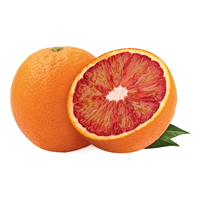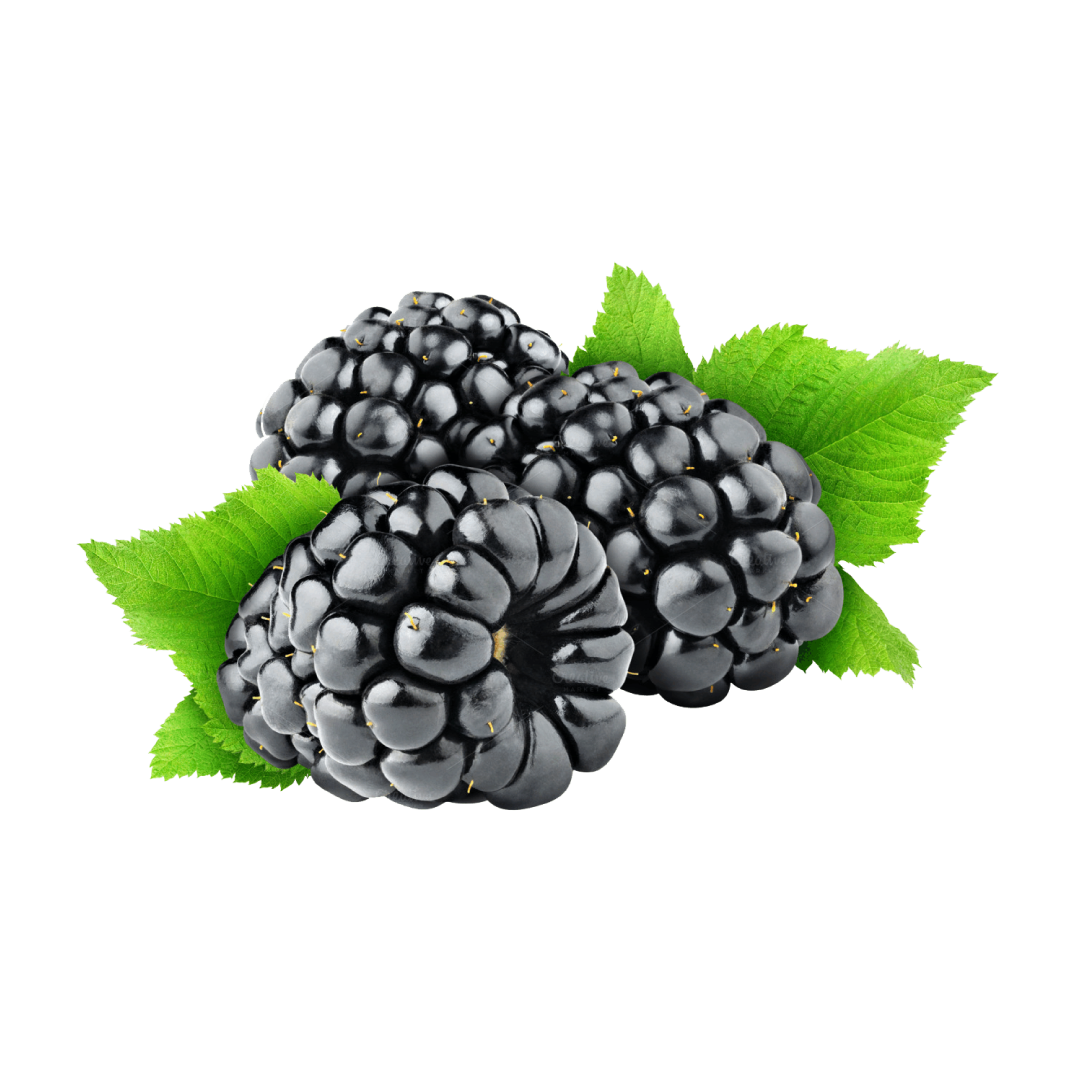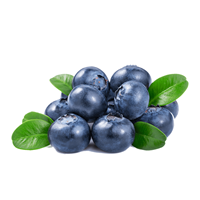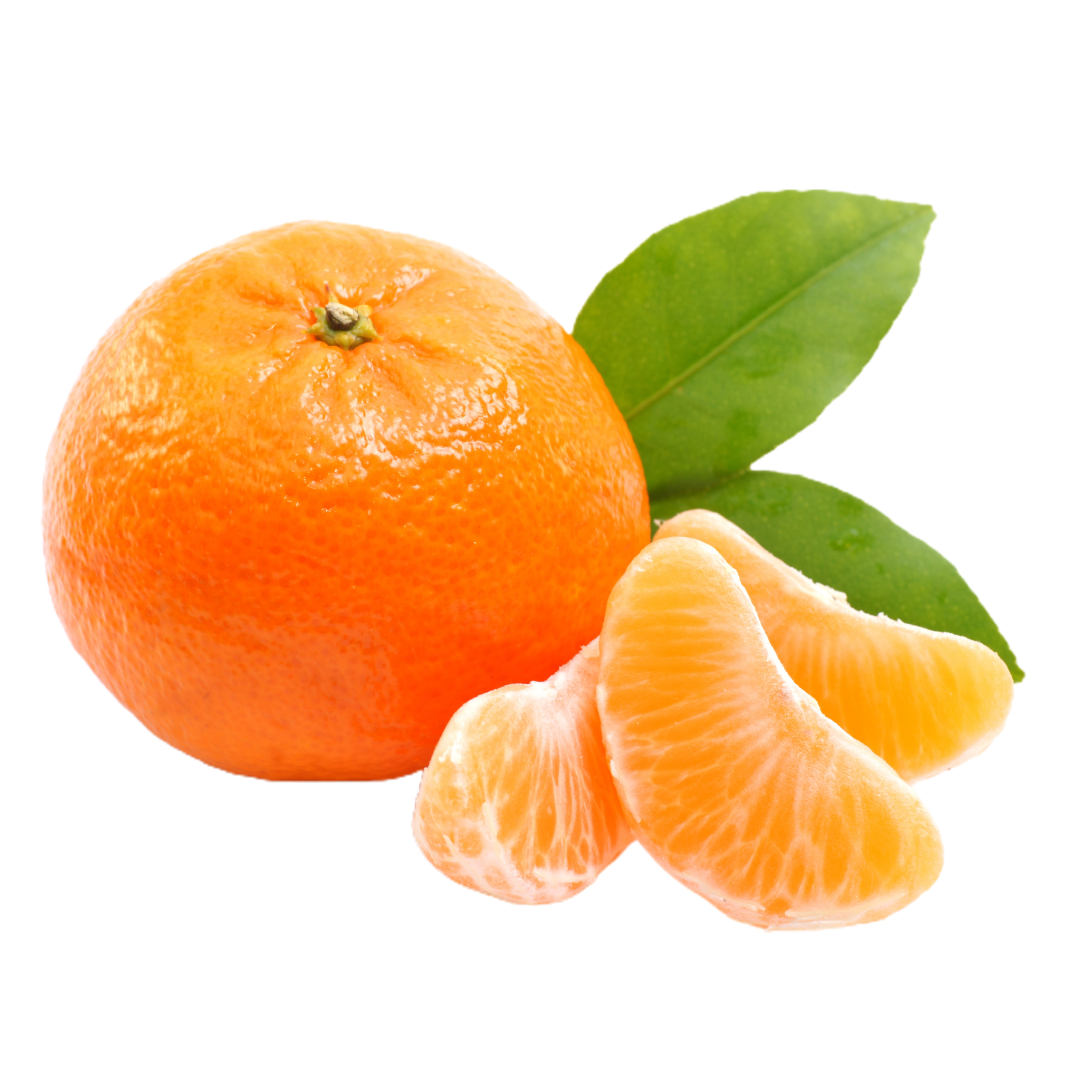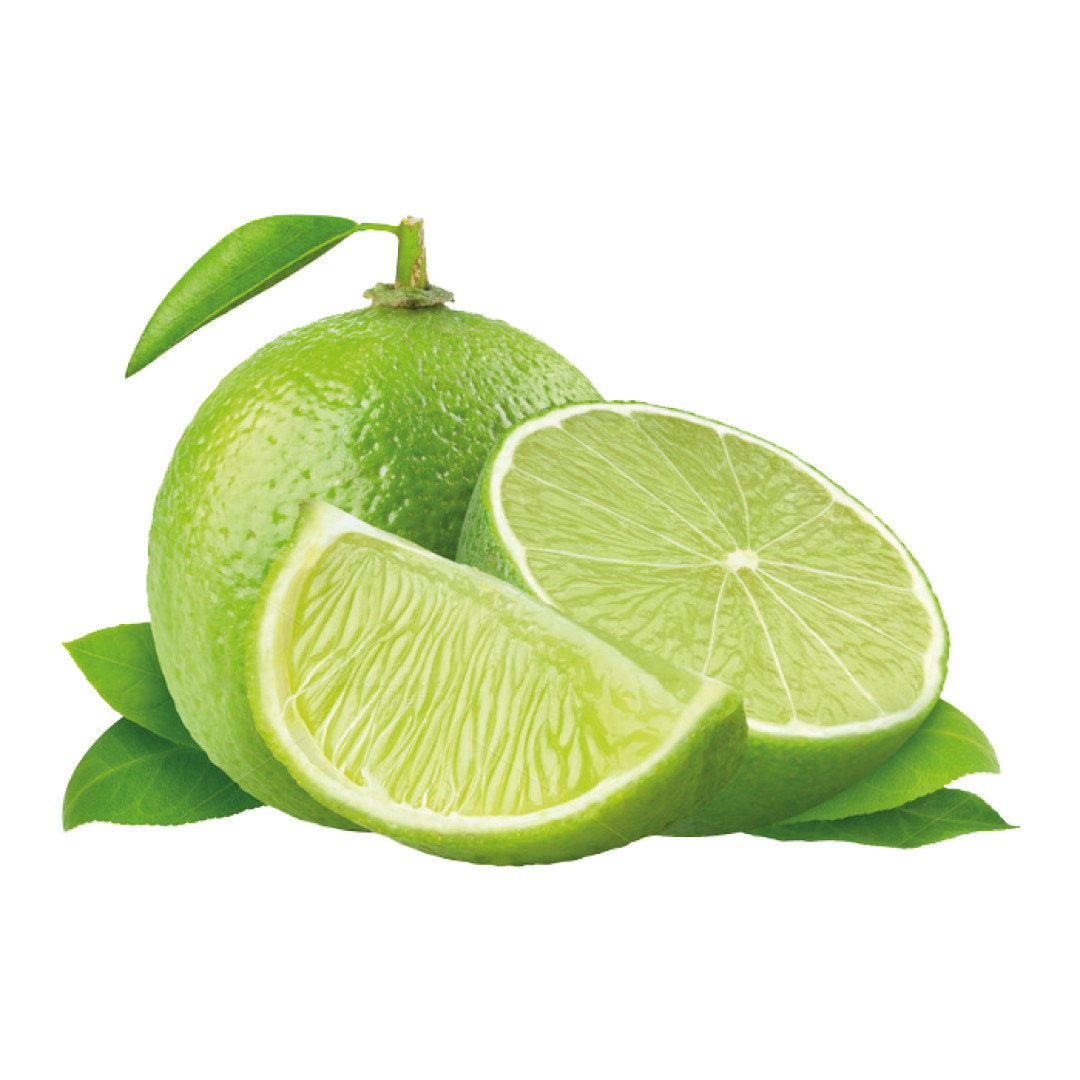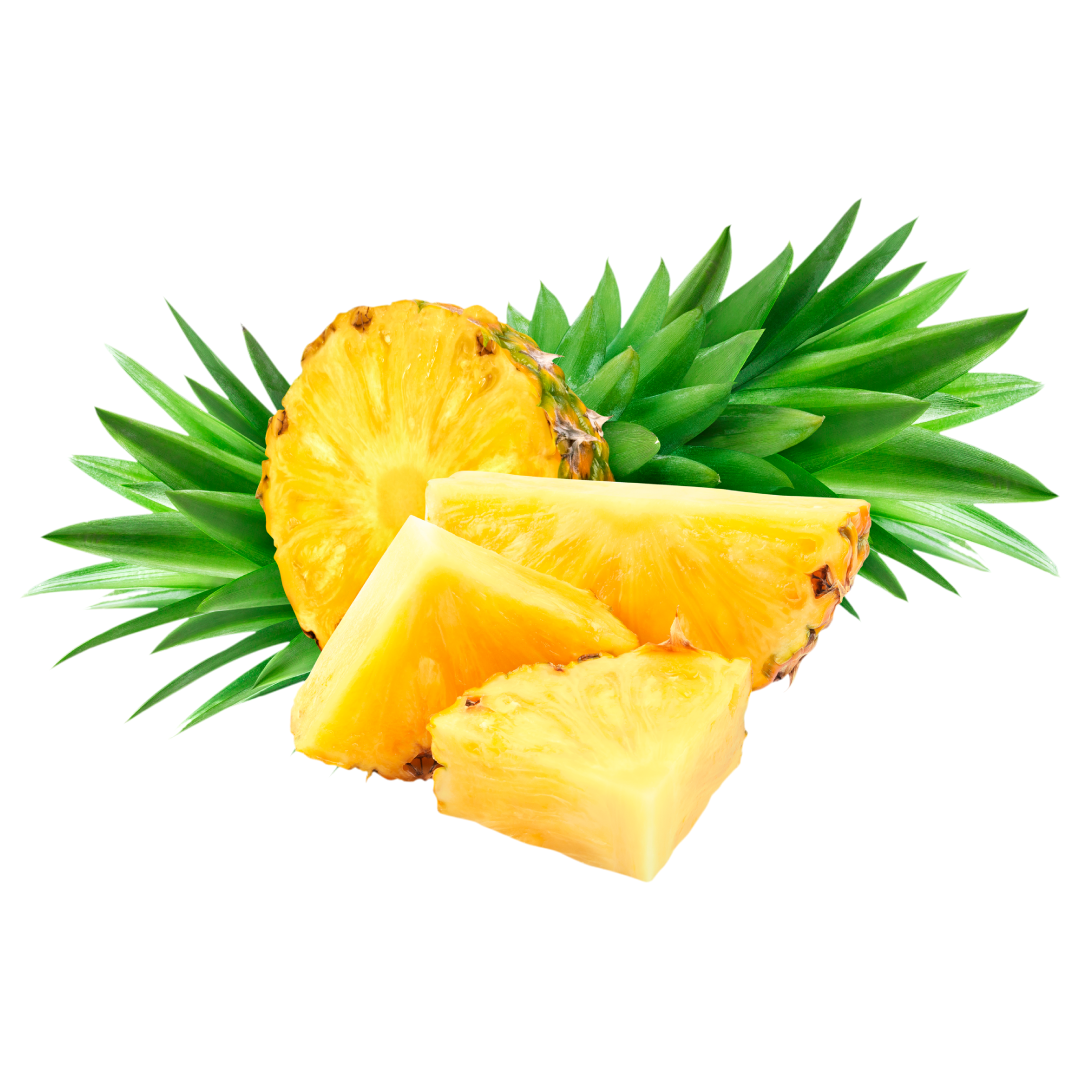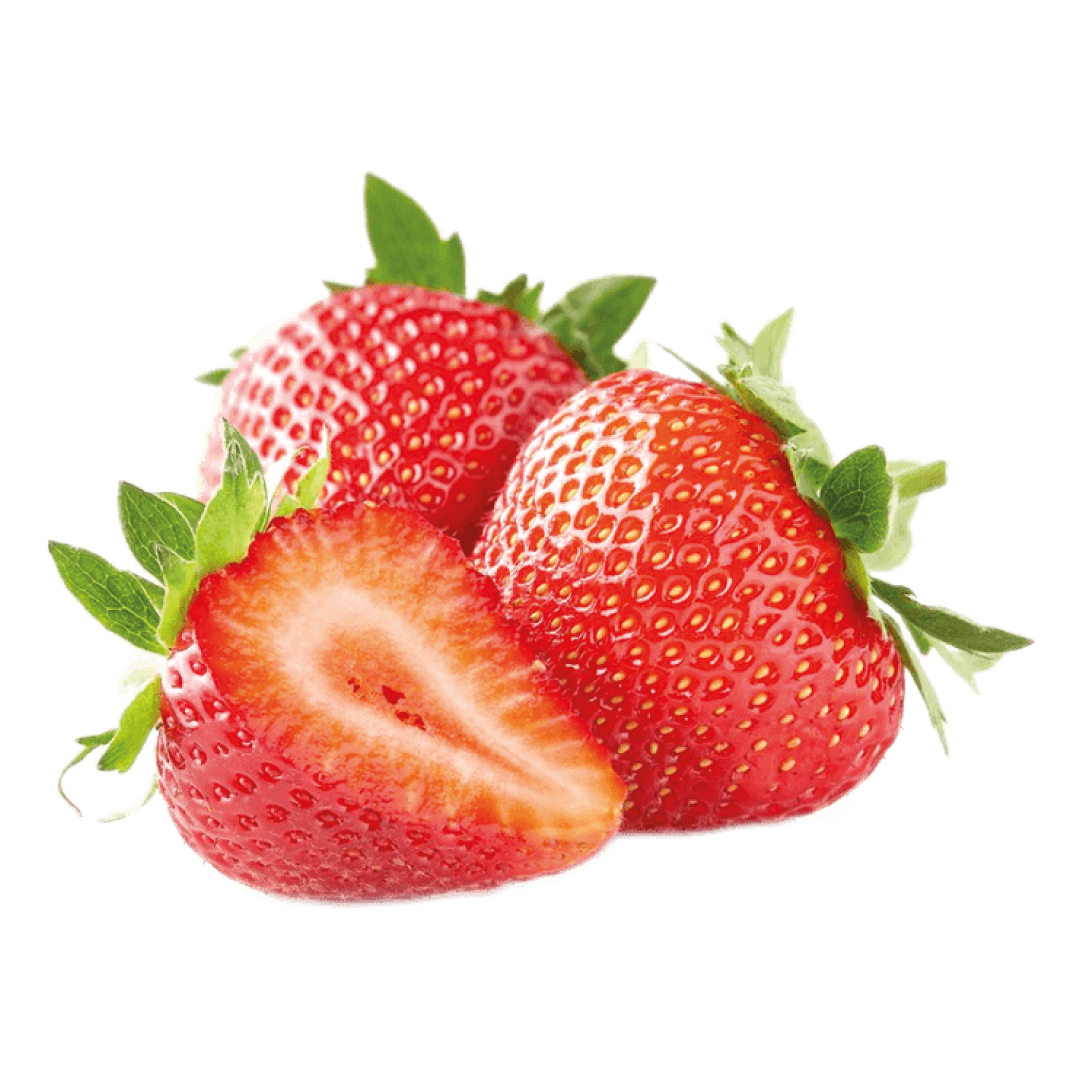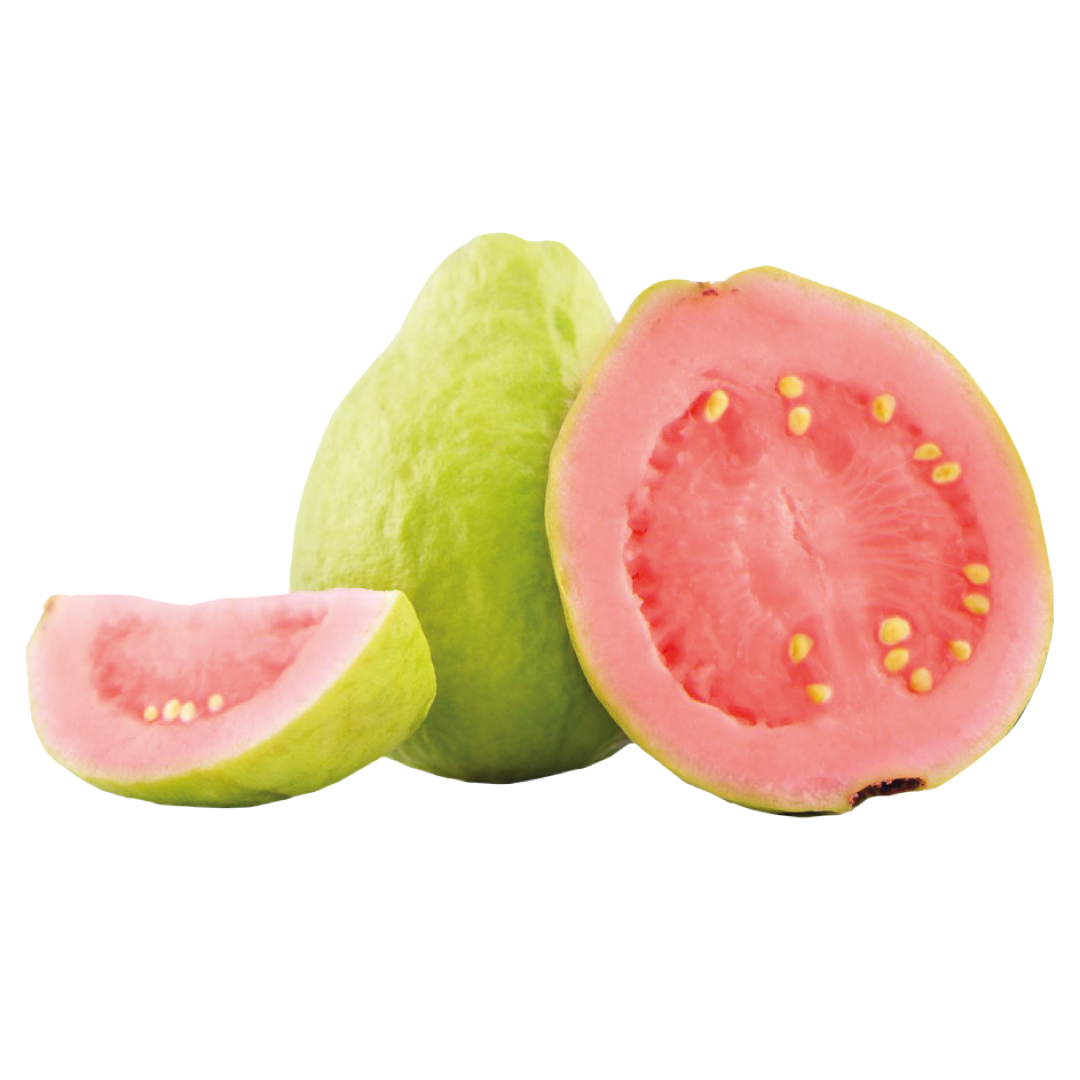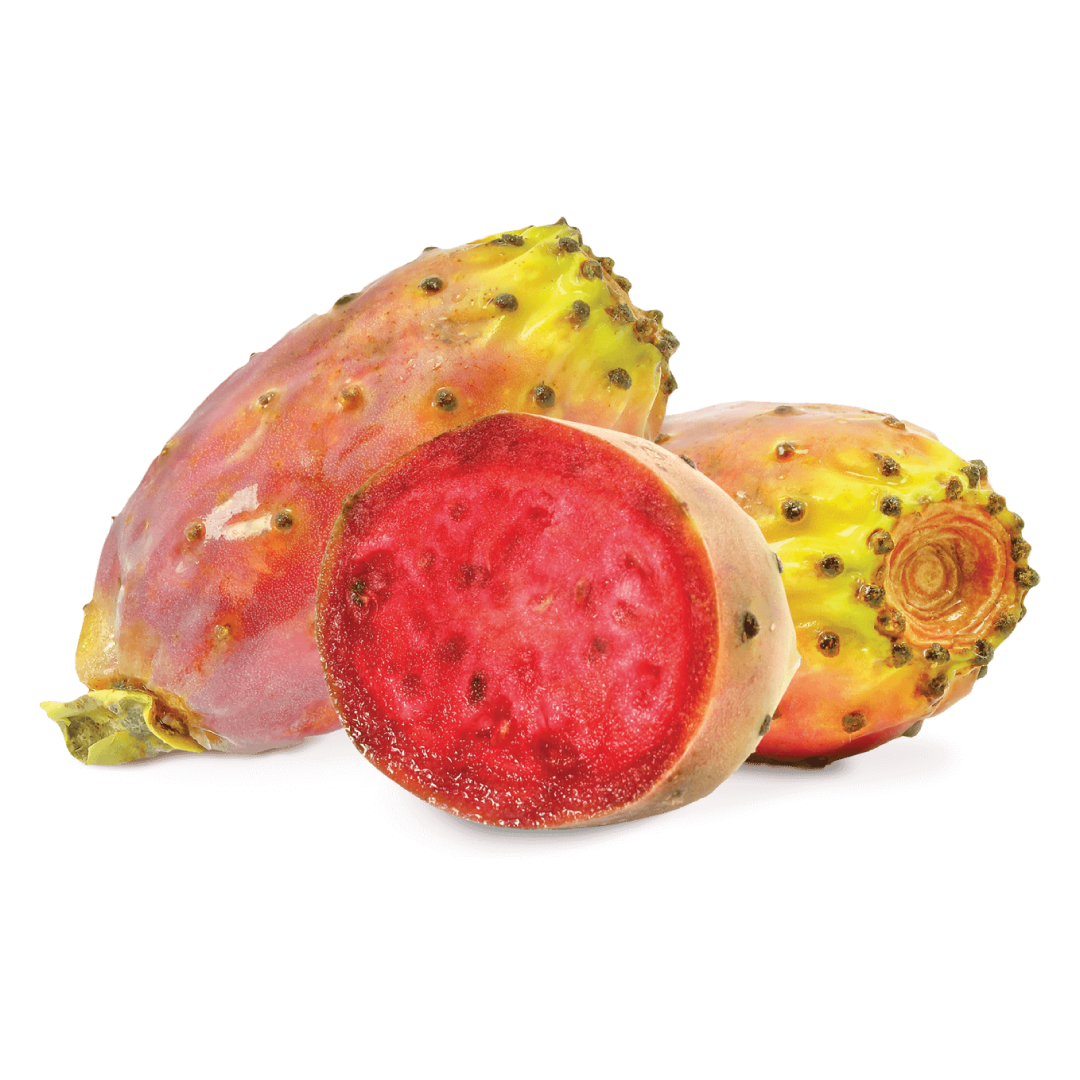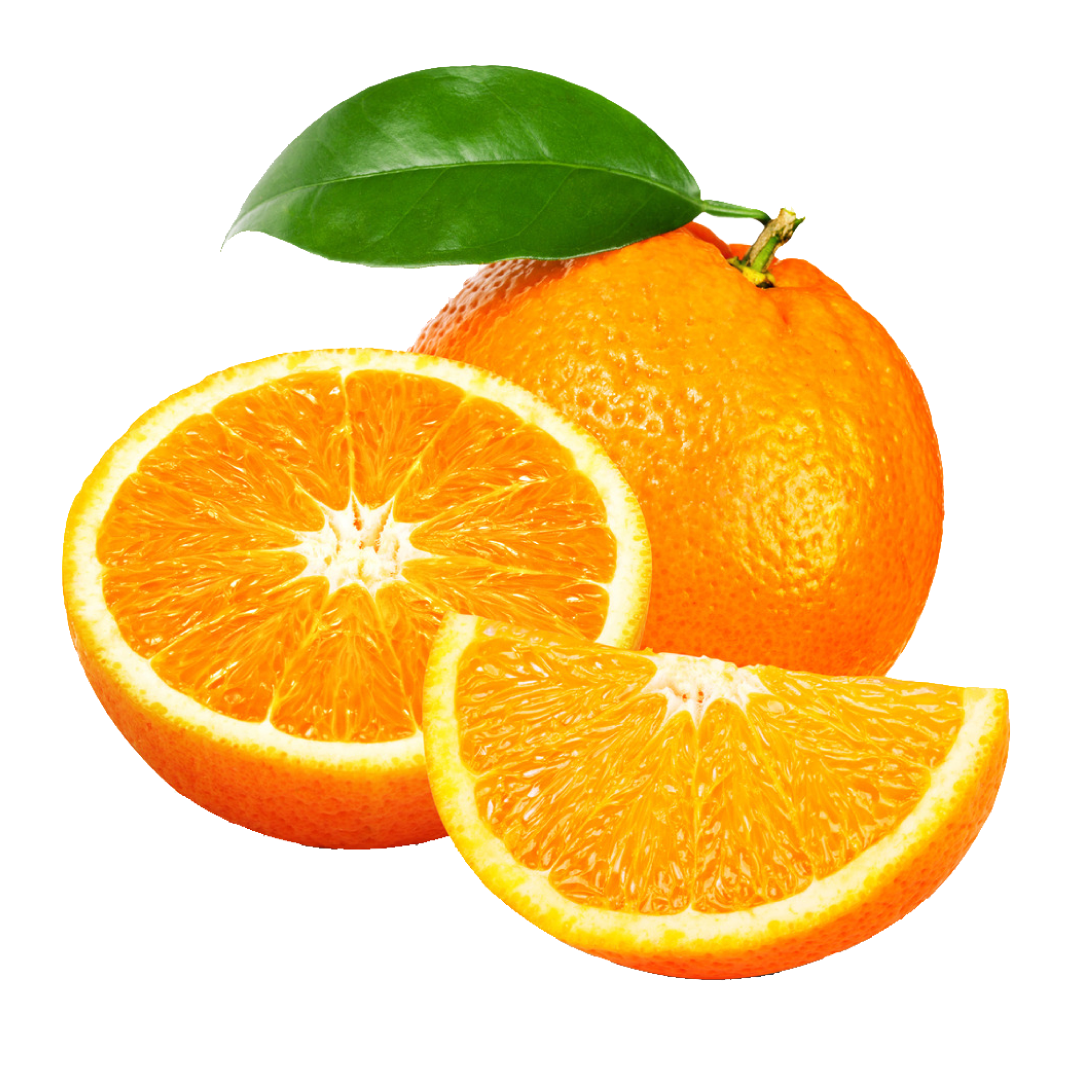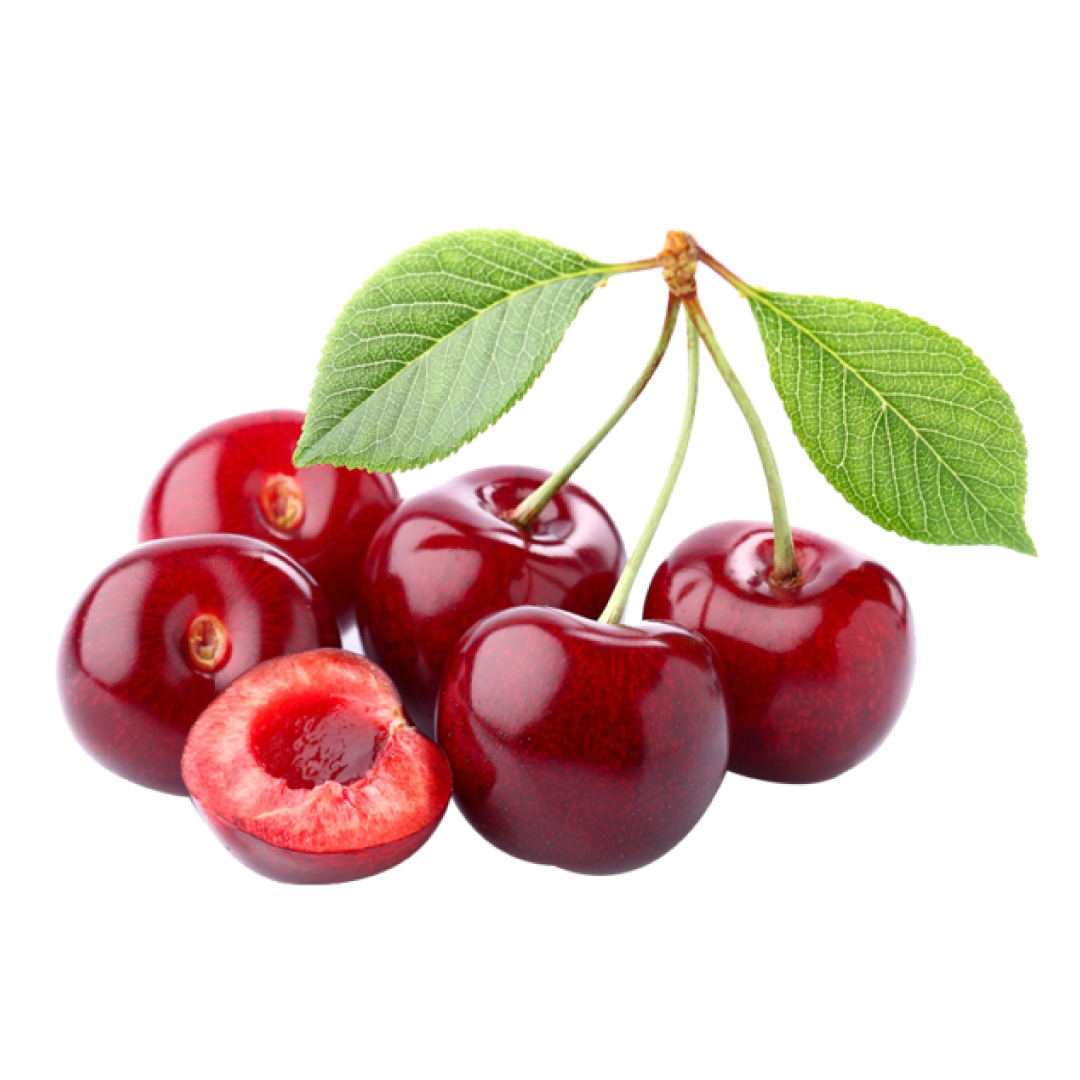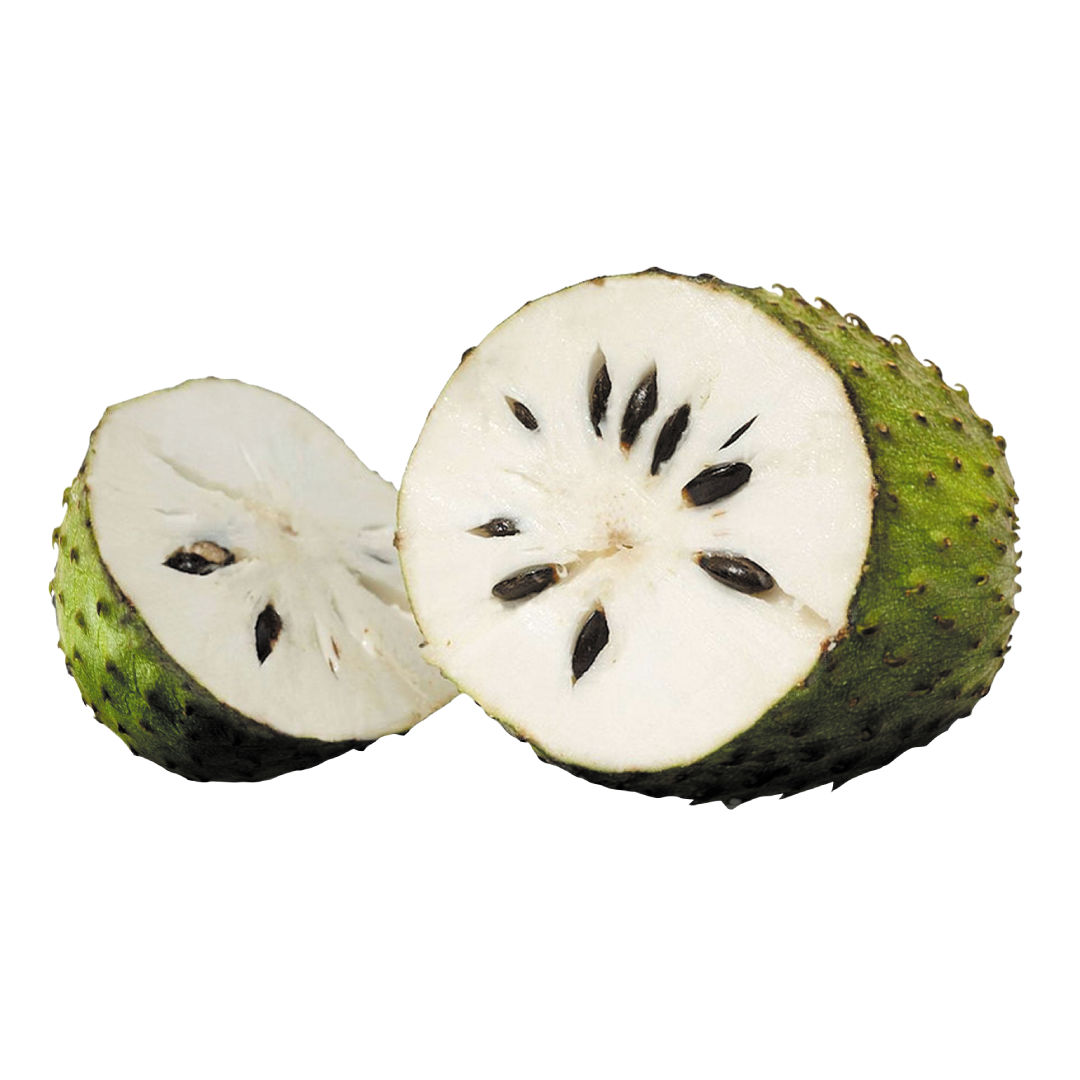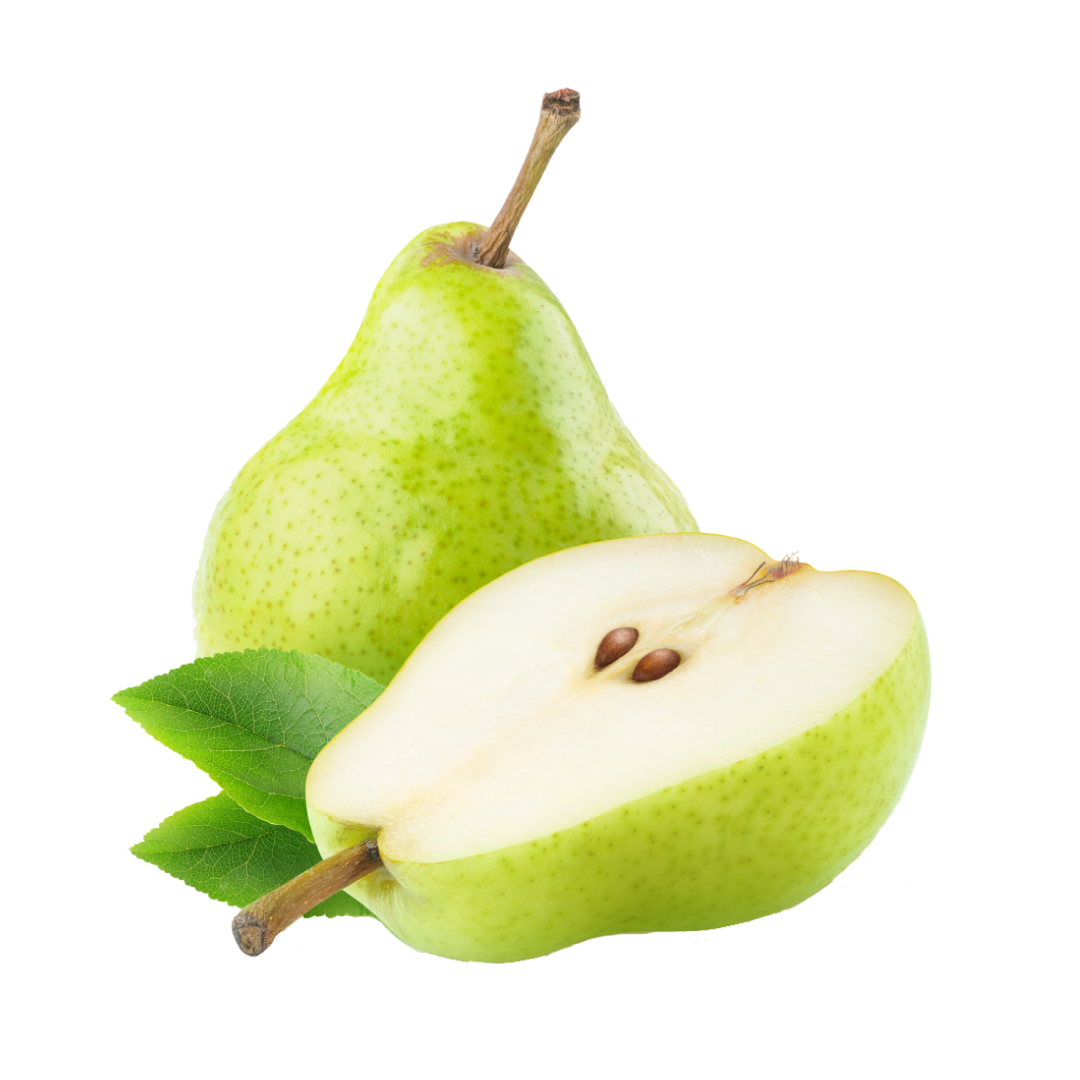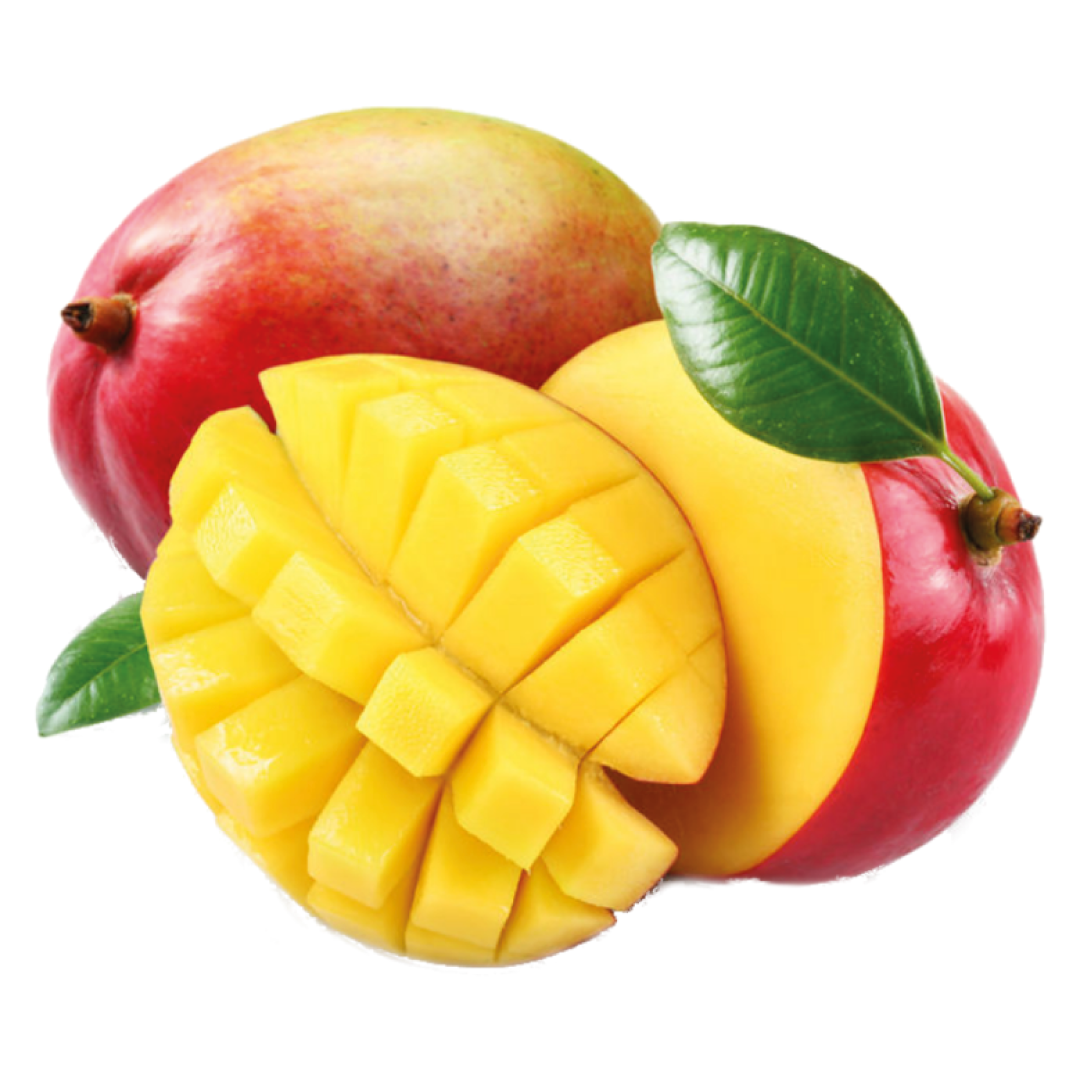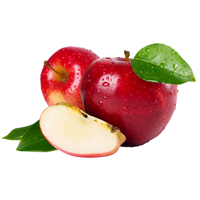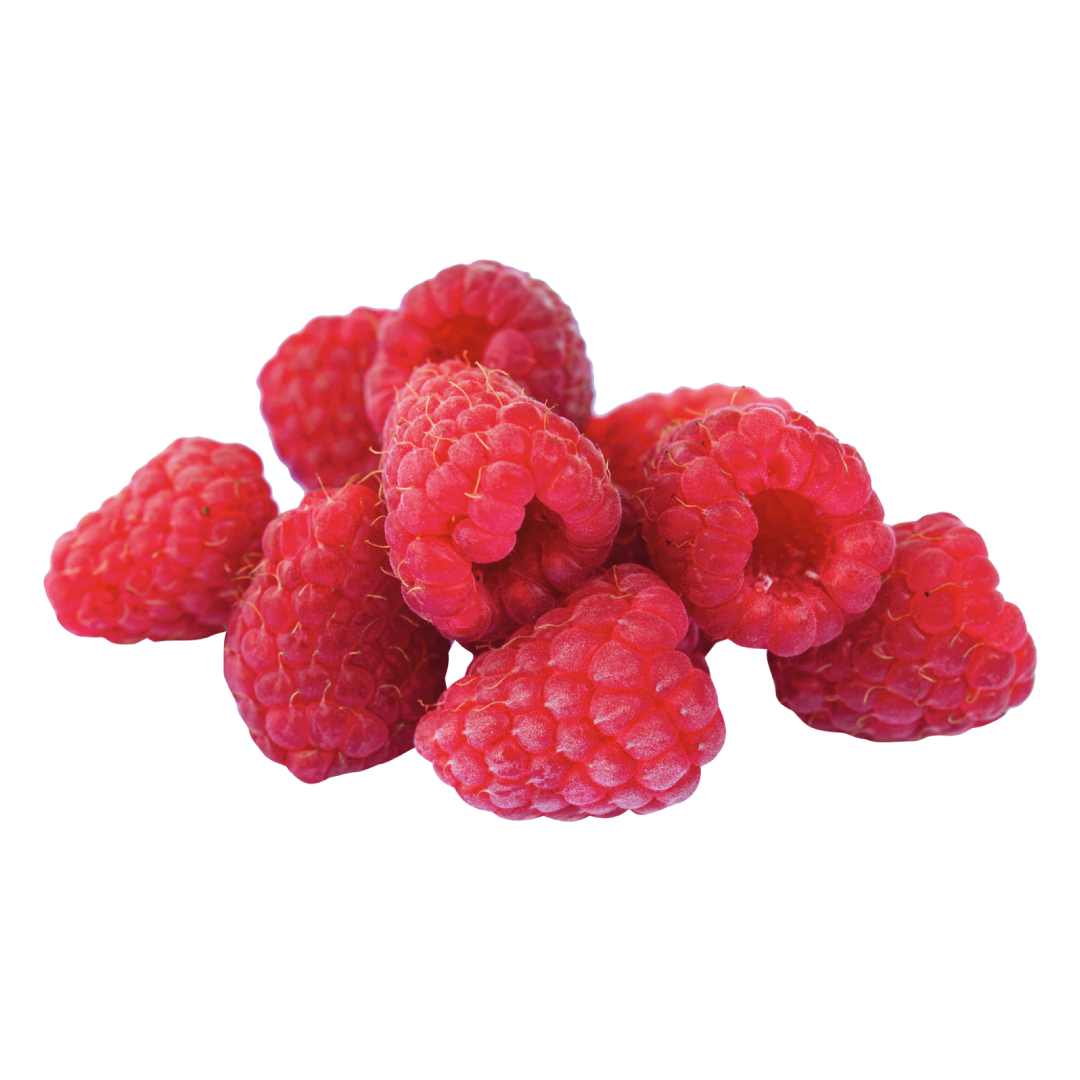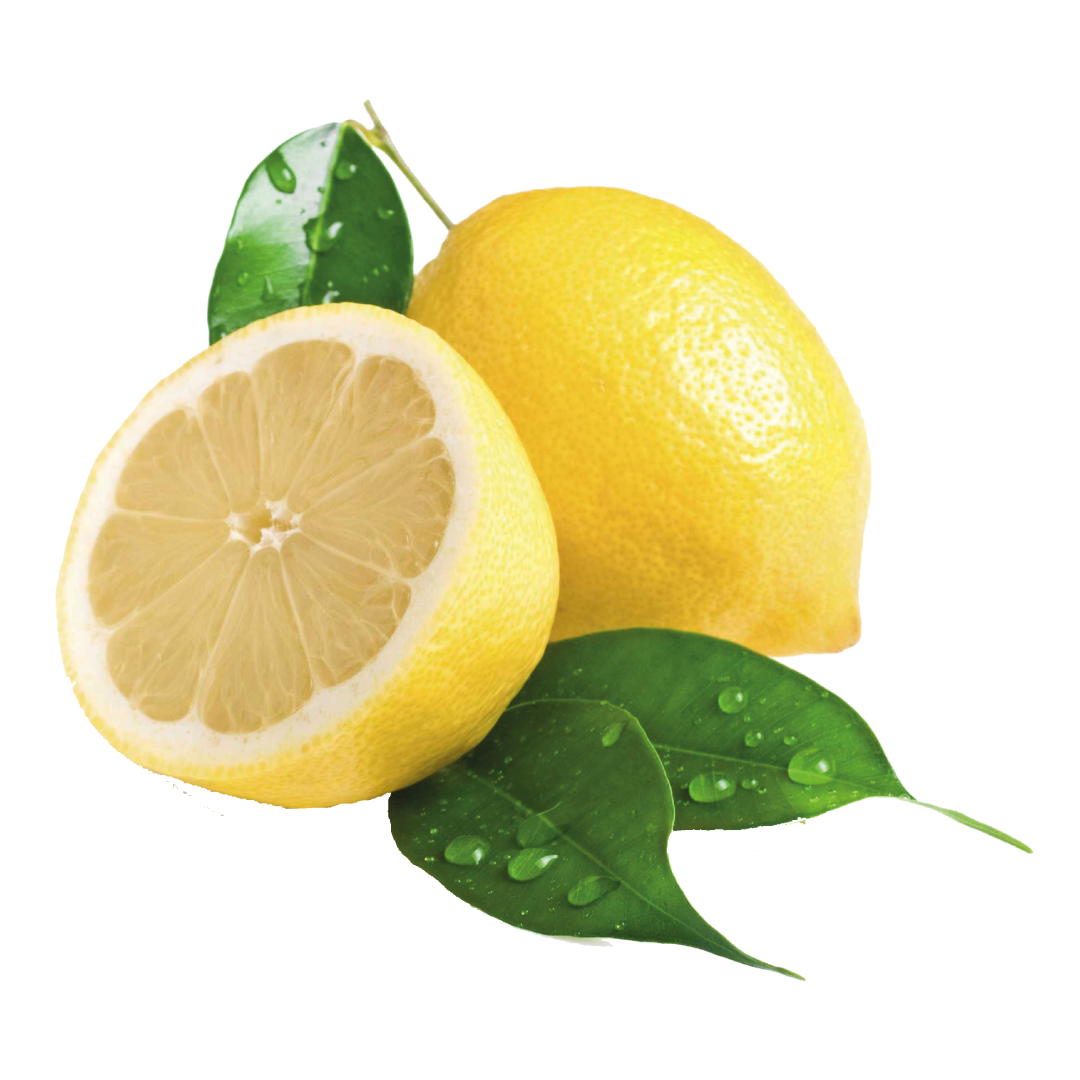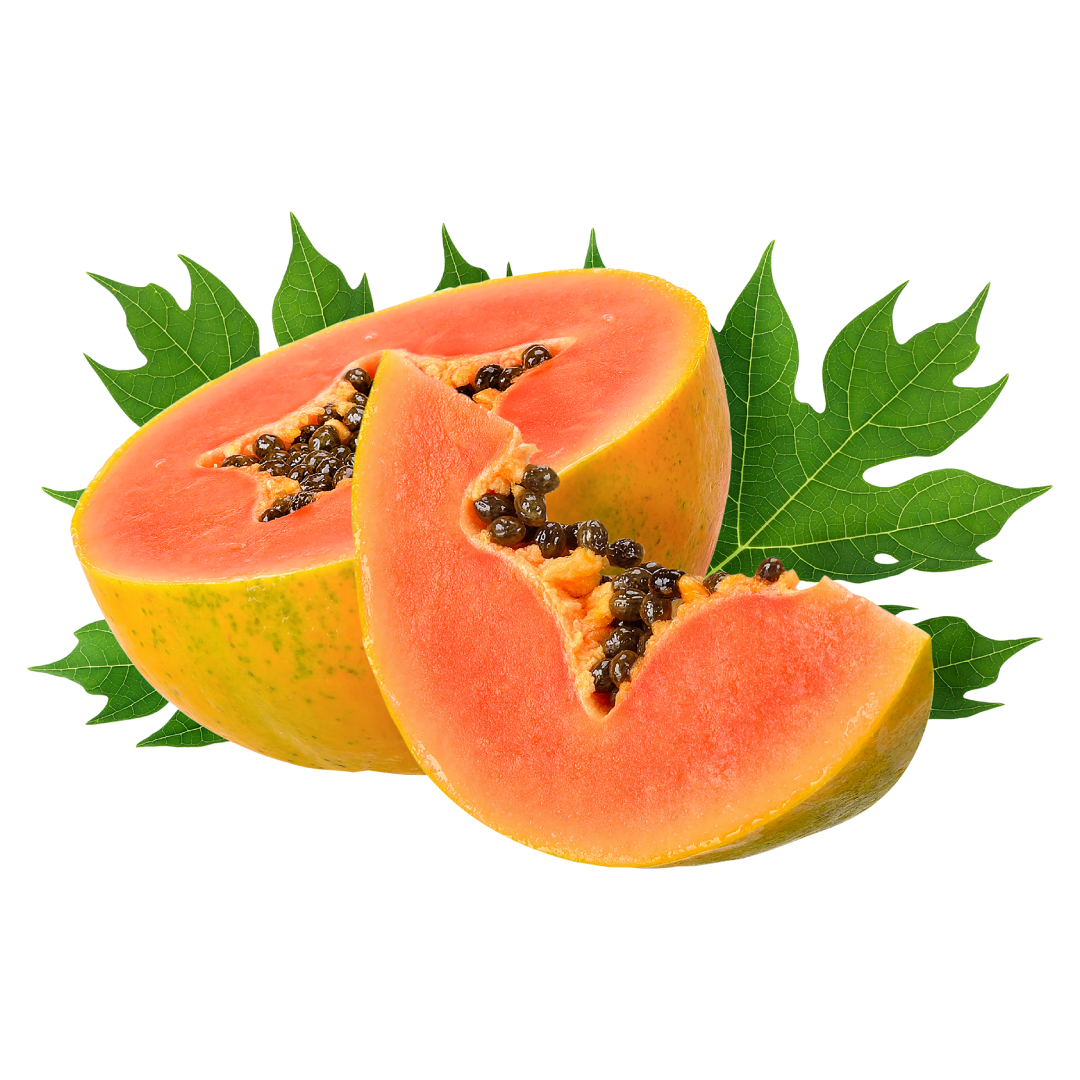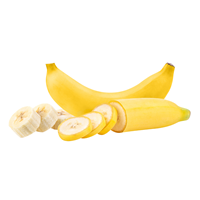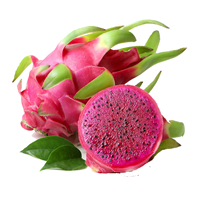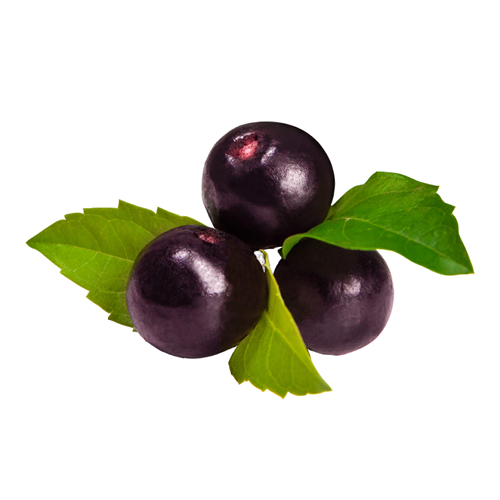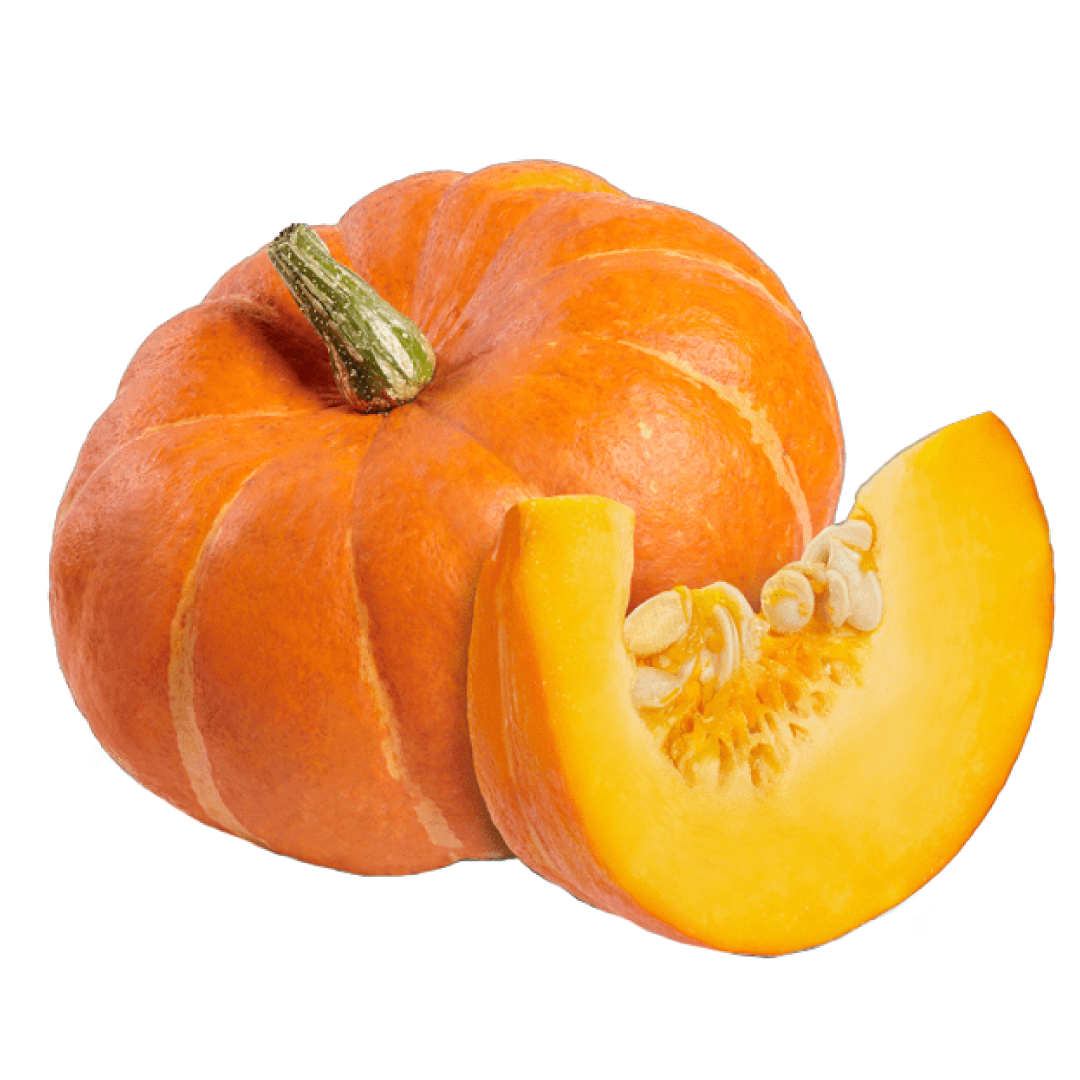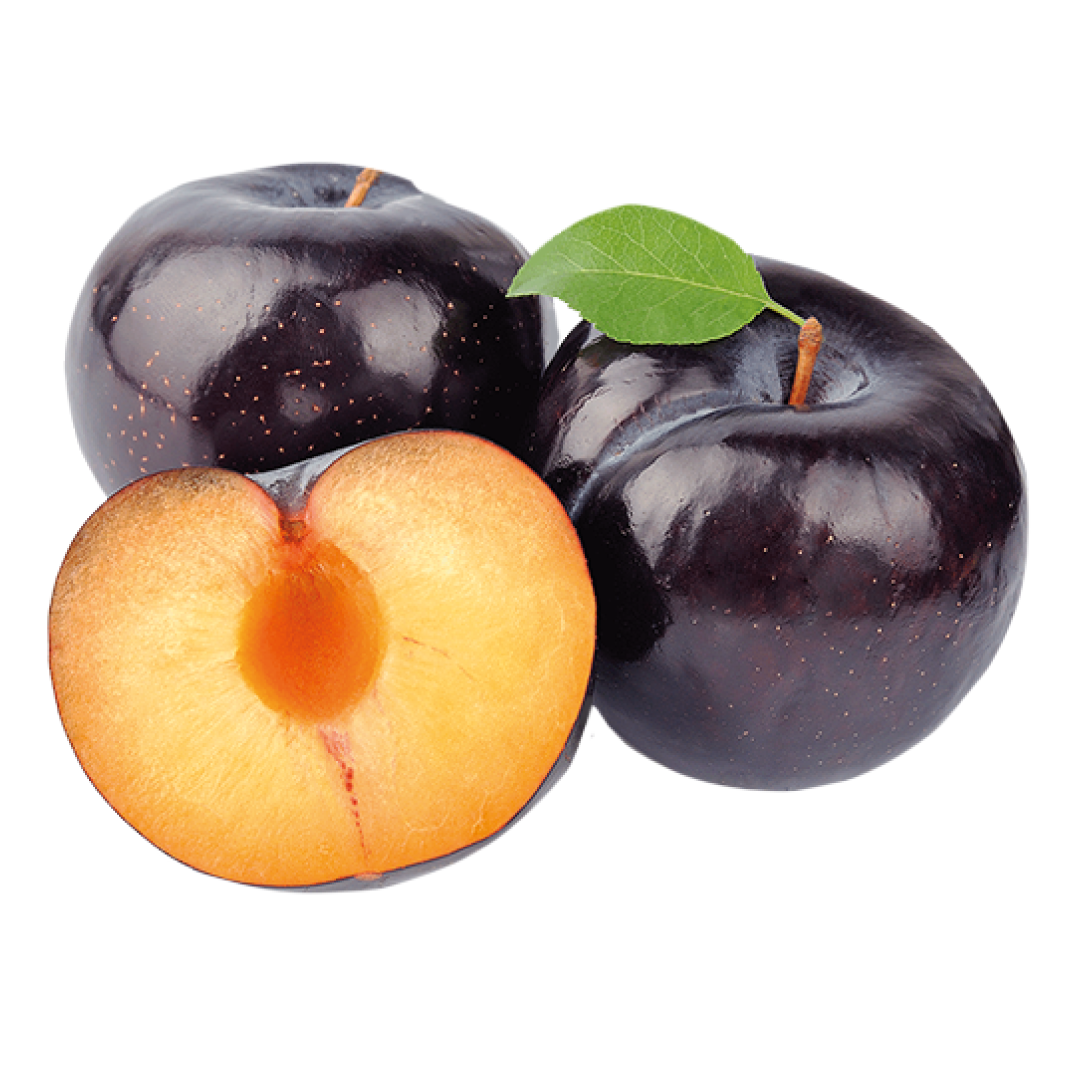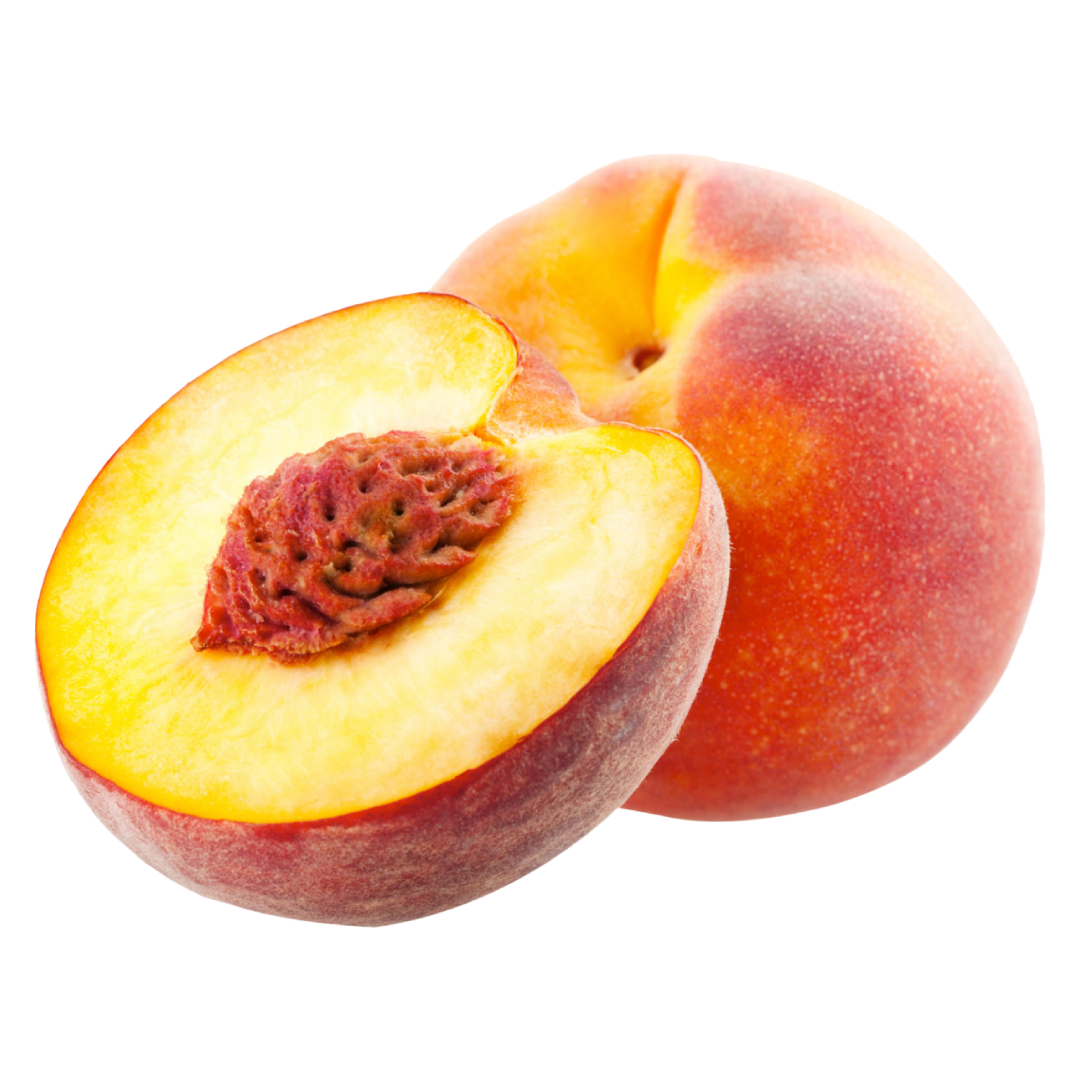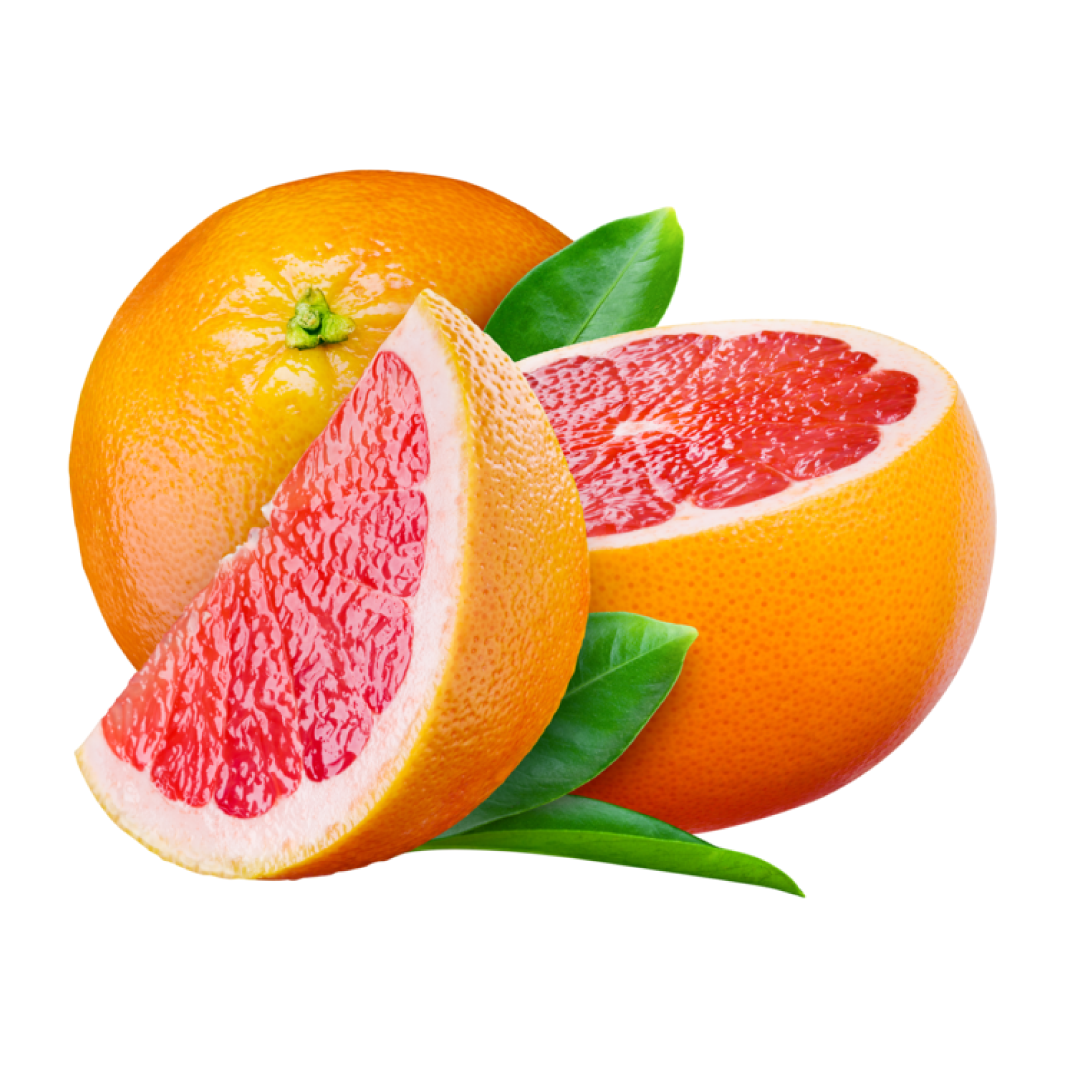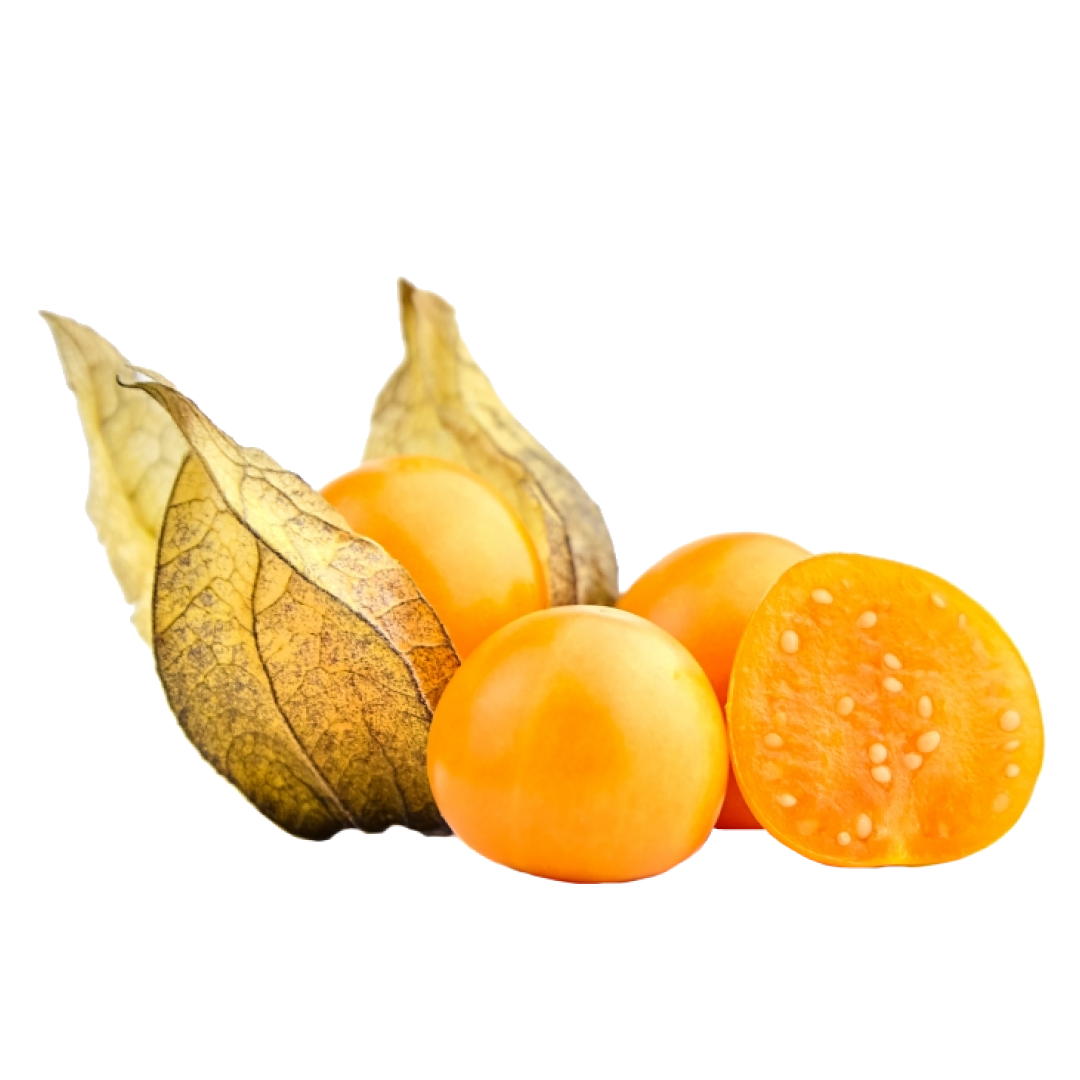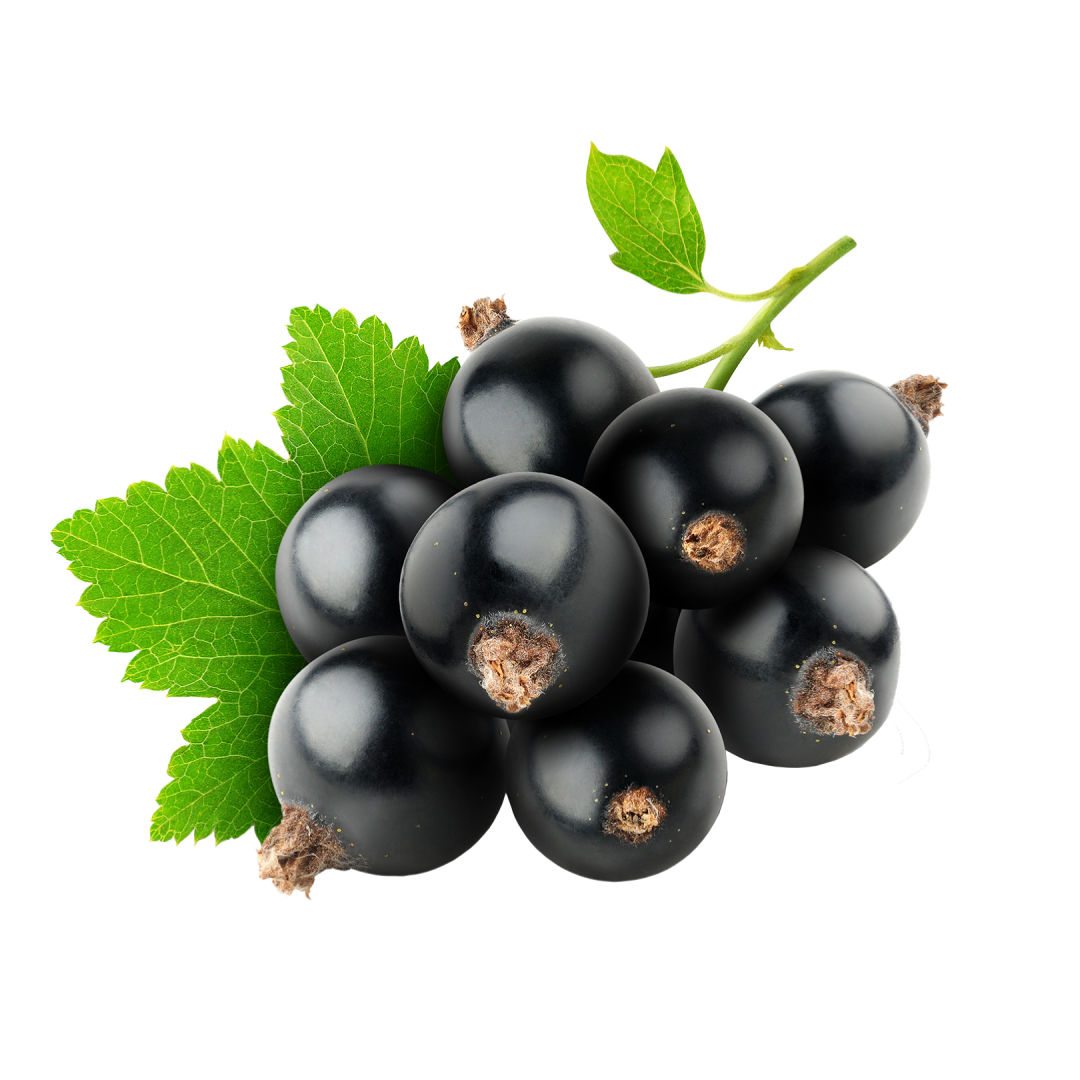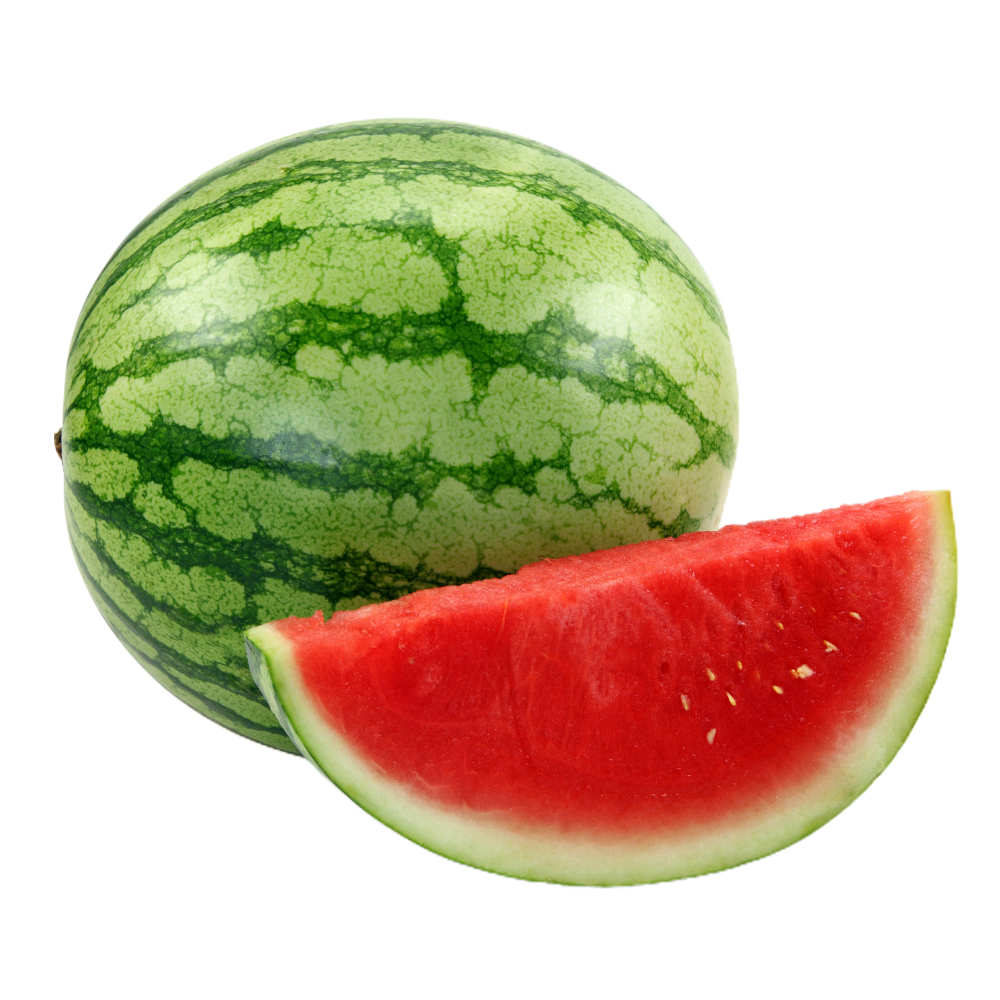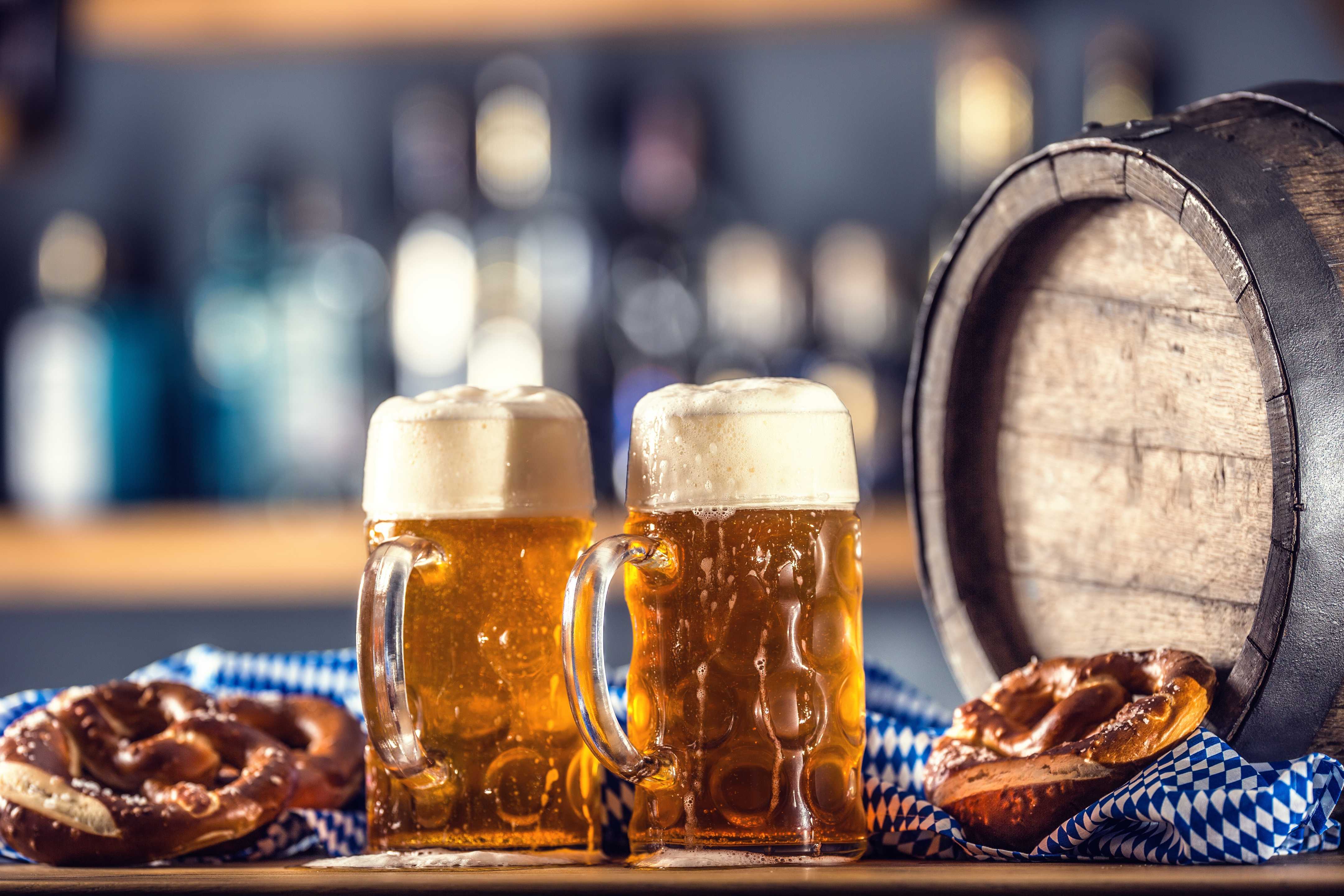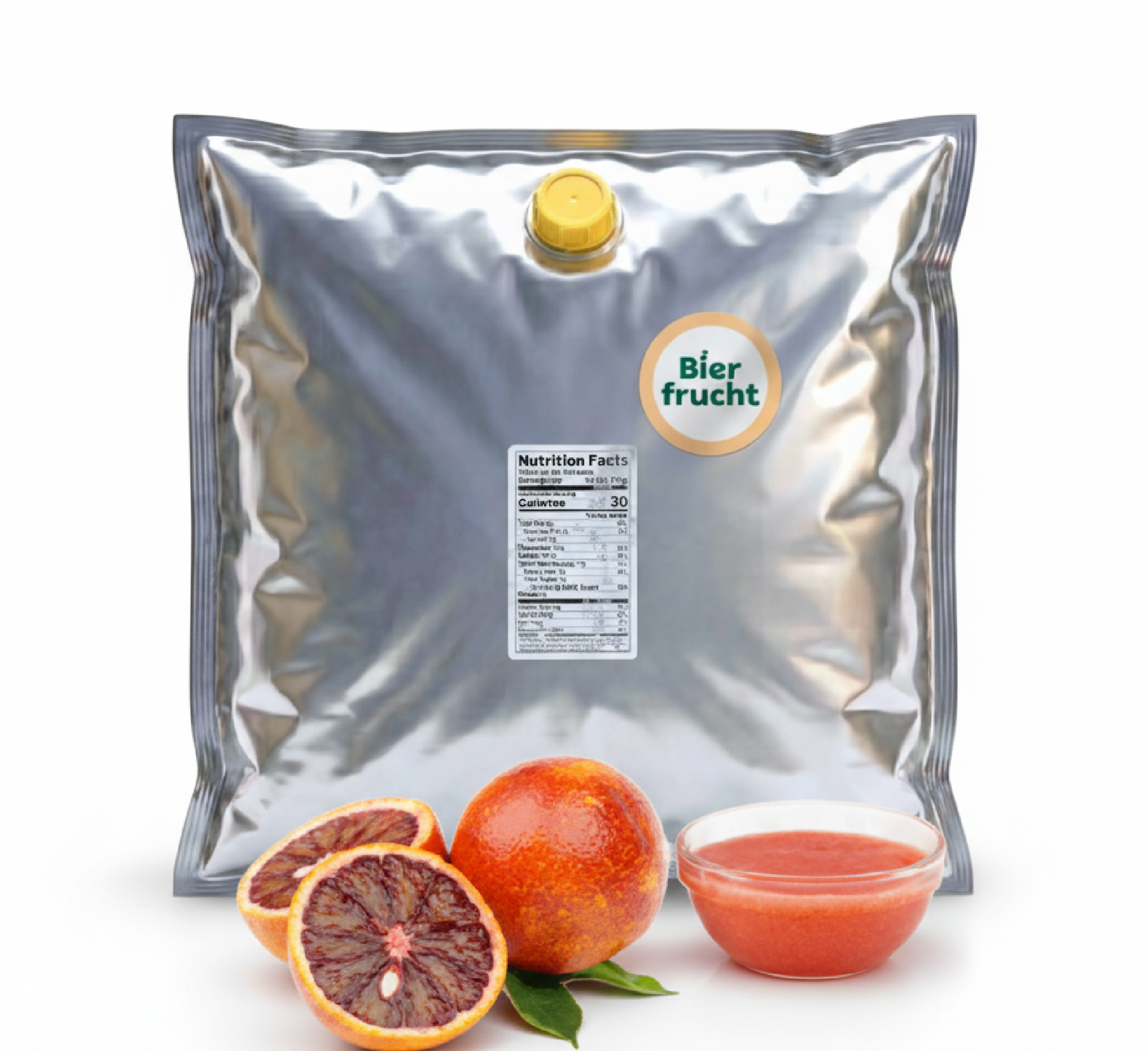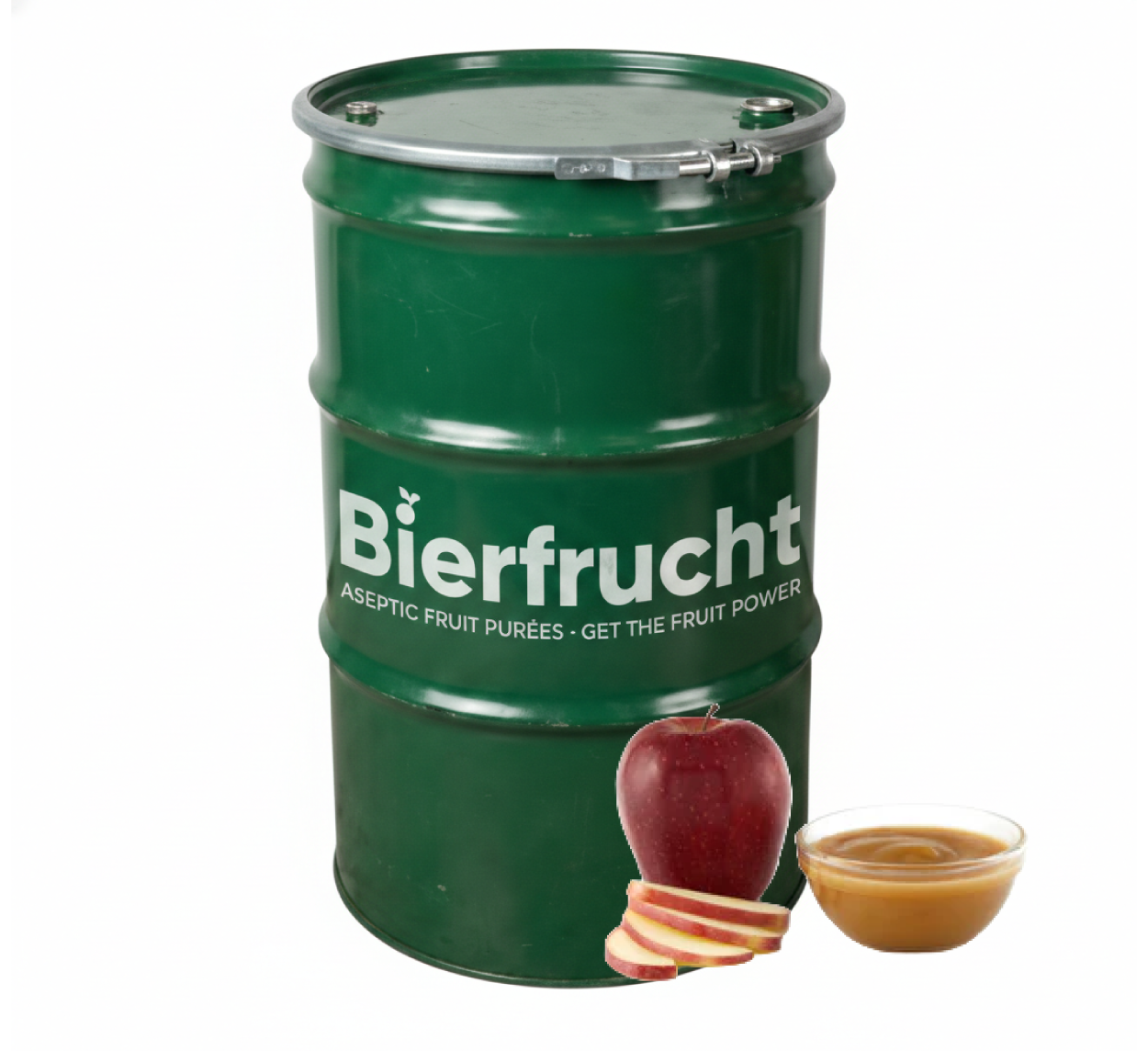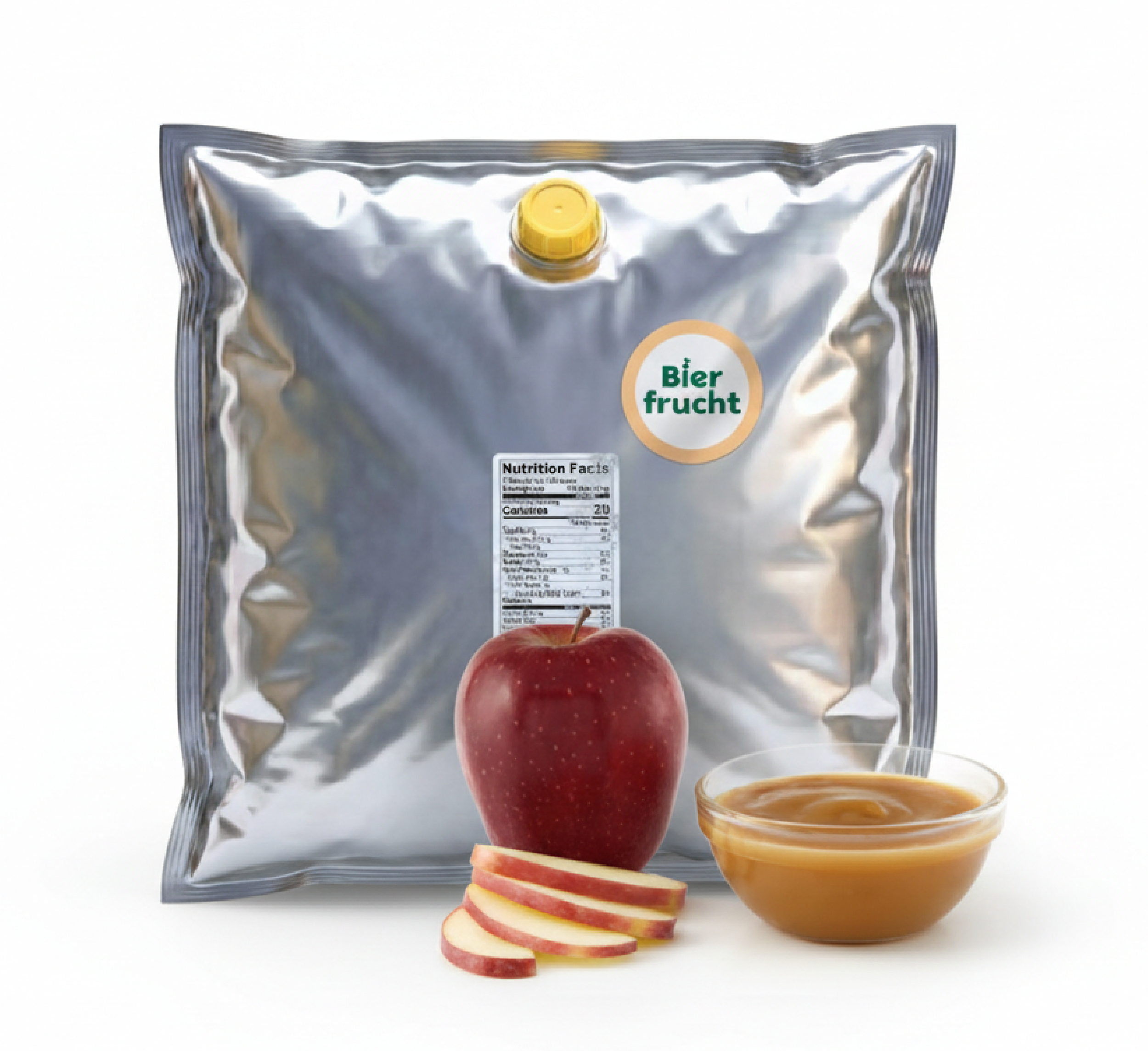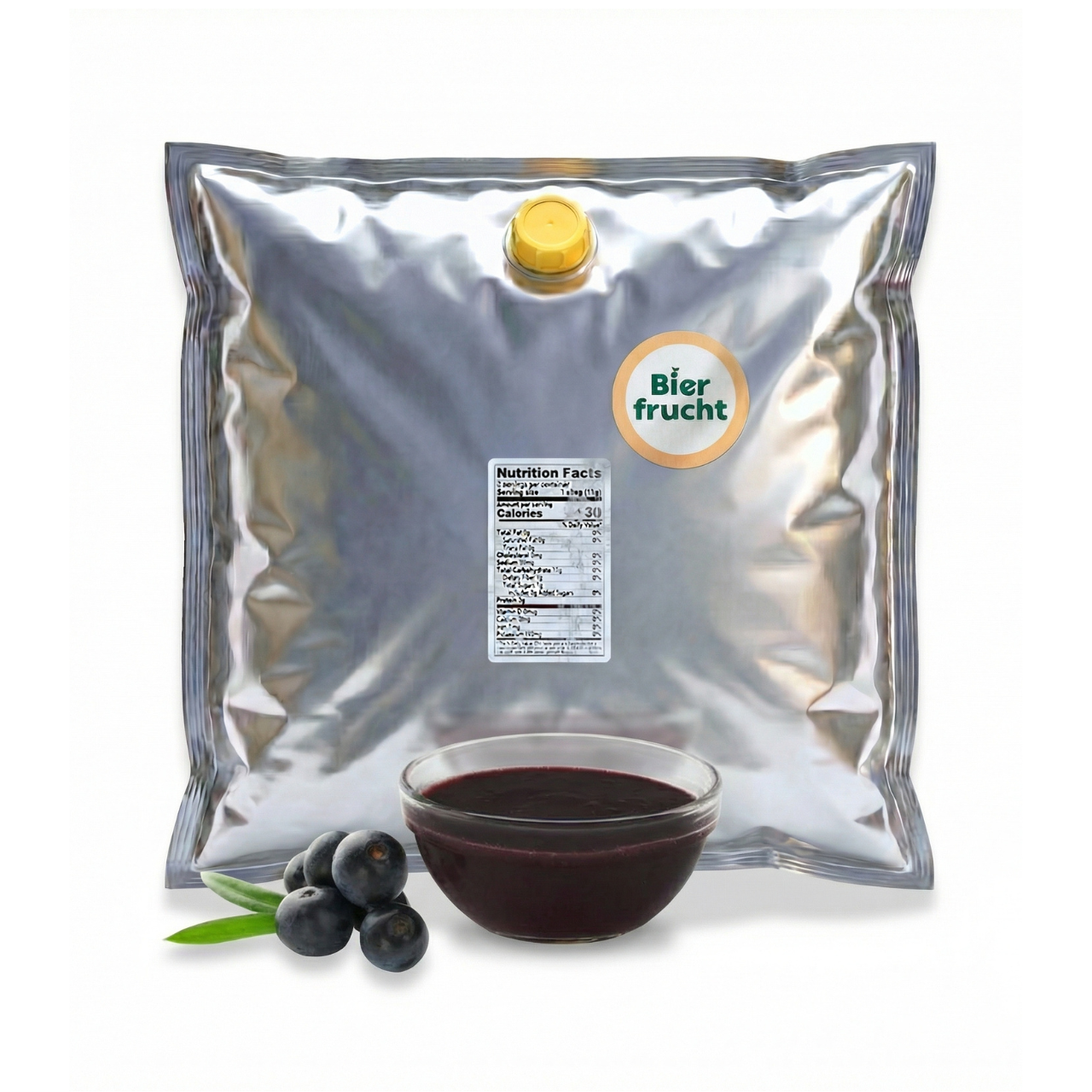Oktoberfest, the world's largest beer festival, holds a special place in the hearts of beer enthusiasts and revelers alike. It has become synonymous with the joyous clinking of beer mugs, lively music, and the aroma of delicious Bavarian cuisine. Celebrated since 1810, Oktoberfest has a rich history and cultural significance that goes beyond its reputation as a beer-centric event. When it comes to the beers served at Oktoberfest, there has been a shift from traditional to modern styles over the years.
Traditional Oktoberfest Beers:
Marzen: Historically, Marzen beer was the traditional beer served at Oktoberfest. It's a medium to full-bodied amber lager that originated in Bavaria. Marzen beers are characterized by a clean, malty sweetness with a mild hop bitterness. They have a balanced profile and are usually lagered (stored) for an extended period, often from March (hence the name Marzen) until it's ready for Oktoberfest in September. They have a malt-forward flavor with caramel and toasty notes.
Lagers: Traditional Oktoberfest beers are typically lagers. These lagers are fermented and conditioned at cool temperatures, resulting in a clean and crisp taste.
Moderate Alcohol Content: Traditional Marzen-style Oktoberfest beers typically have an alcohol content ranging from 5% to 6%, making them sessionable and easy to enjoy in large quantities during the festival.
Emphasis on Tradition: These beers adhere to traditional brewing methods and adhere to the Reinheitsgebot (German Beer Purity Law), which allows only water, malt, hops, and yeast in beer production.
Modern Oktoberfest Beers:
Festbier: In recent years, Oktoberfest celebrations have seen a shift toward lighter, more approachable beer styles. Festbier is a modern interpretation of Oktoberfest beer. It is a pale, golden lager that's less malty and lighter in body compared to Marzen. Festbiers are designed to be more refreshing and drinkable.
Ale Variations: Some modern Oktoberfest beers may not strictly adhere to the lager tradition. You may find ale variations, such as Marzen-style ales or pale ales, which deviate from the historical styles.
Higher Carbonation: Modern Oktoberfest beers may have slightly higher carbonation levels, giving them a crisper and livelier mouthfeel.
Craft Brewery Influence: Craft breweries, both in Germany and around the world, have been experimenting with Oktoberfest-style beers, adding their unique twists and flavors to the traditional recipes.
Variety: Modern Oktoberfest celebrations often offer a wider variety of beer styles to cater to different tastes, including IPAs, stouts, and other non-traditional beer types.
In recent years, craft brewers and adventurous beer enthusiasts have introduced innovative variations of Oktoberfest beer, including fruit-infused versions. Fruit puree beer adds a contemporary twist to the classic recipe, infusing flavors like raspberry, apricot, or cherry into the brew. While these fruity renditions may not be considered traditional, they offer a refreshing and modern take on the beloved beer festival, appealing to a broader range of palates and expanding the Oktoberfest experience for those seeking something different amidst the sea of classic Marzen.
While Marzen beers are still a hallmark of Oktoberfest, modern interpretations like Festbier and variations from craft breweries have broadened the beer landscape at the festival. Whether you prefer the rich, malty Marzen or the lighter, more diverse modern options, there's likely a beer to suit your taste during Oktoberfest celebrations.

